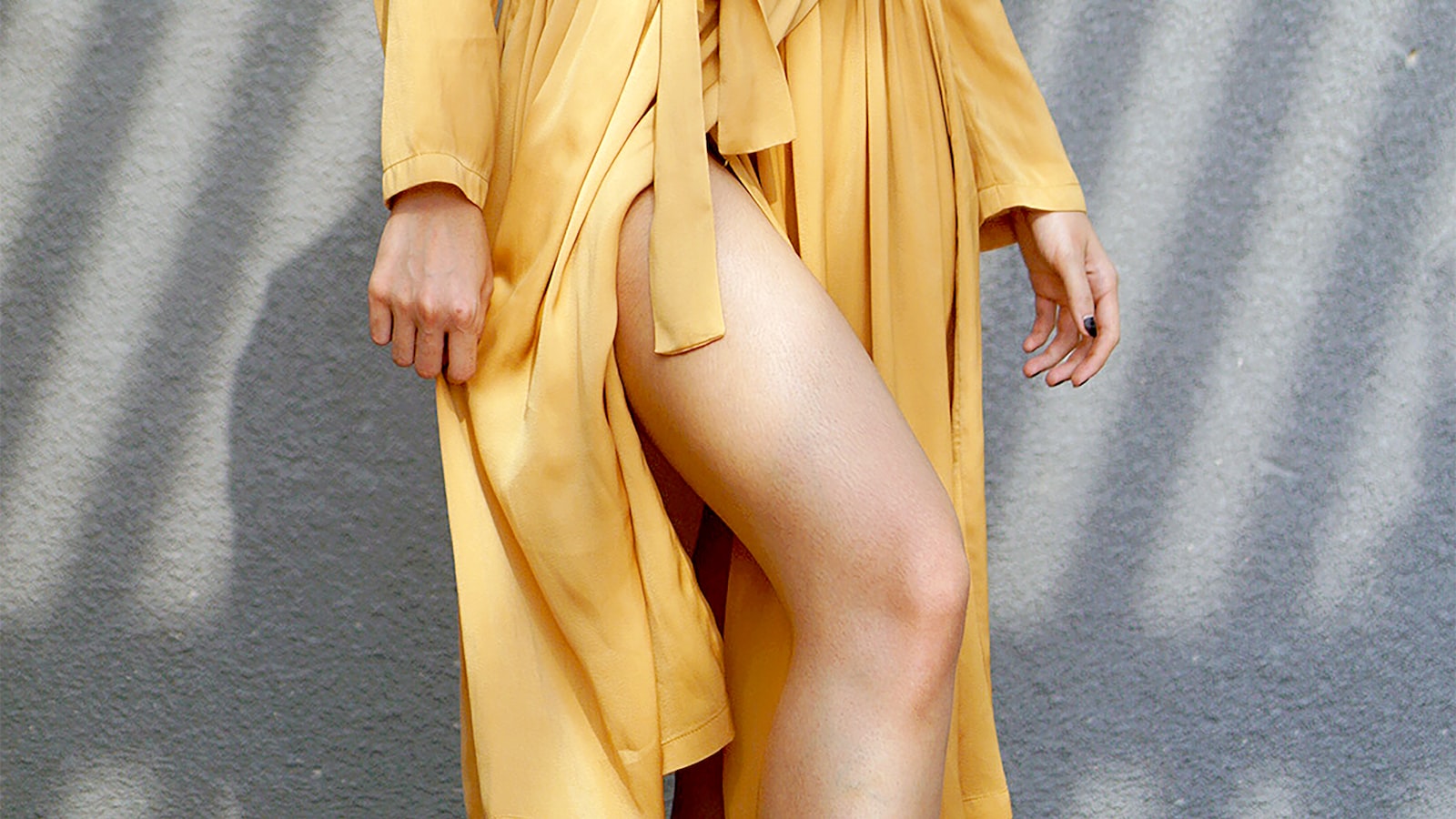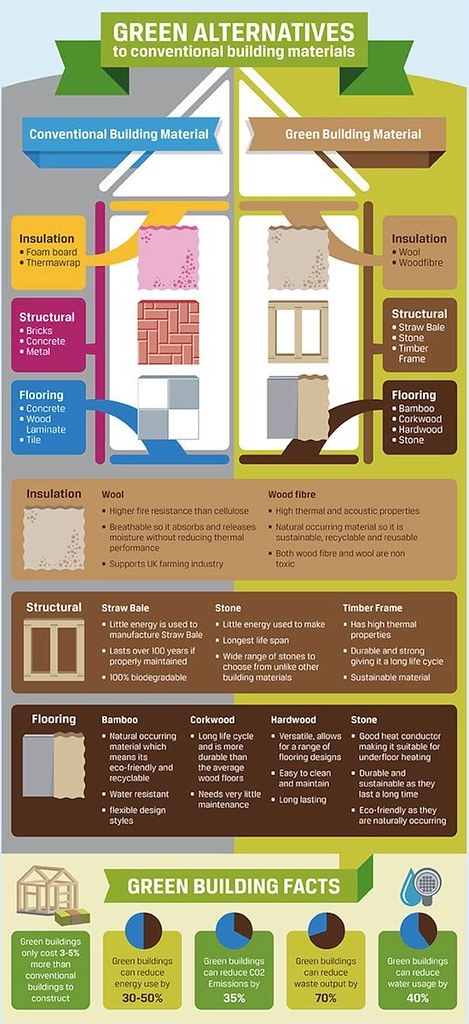In an industry often fueled by excess and the ever-changing whims of fashionistas, a glimmer of hope emerges – eco-friendly fashion. Breaking free from the shackles of unsustainable practices, a new era of high-end design is taking shape, one that embraces environmental consciousness without compromising on style. Pulling back the curtain on this exciting world, we delve into the realm of sustainable trends in fashion, where innovation and ethics find the perfect synergy. Join us on a journey where sustainability meets couture, as we explore how eco-friendly fashion is reshaping the very foundations of the industry and paving the way for a brighter, greener future.
Innovative Materials: Redefining Luxury Fashion with Sustainable Fabrics
In the world of high-end design, eco-friendly fashion is not just a passing trend, but a powerful movement that is reshaping the way we perceive luxury. With a growing concern for the environment, top designers are now embracing sustainable fabrics as they redefine the notion of opulence and elegance. This shift towards eco-conscious materials is not only a moral choice, but also a testament to innovation and creativity.
From once being perceived as dull and plain, sustainable fabrics have undergone a remarkable transformation to become the epitome of sophistication and style. Fashion powerhouses have taken notice, collaborating with sustainable textile companies to incorporate these ethical materials into their collections. The result? Unparalleled luxury created with a minimal environmental footprint. Designers are experimenting with a diverse range of sustainable fabrics, from organic cotton to bamboo silk, proving that responsible fashion doesn’t compromise on quality.

Ethical Manufacturing: Promoting Fair Trade and Transparent Supply Chains
In the world of high-end fashion, new sustainable trends are emerging, revolutionizing the way we think about eco-friendly fashion. Ethical manufacturing practices have taken center stage, placing a spotlight on the importance of fair trade and transparent supply chains. This paradigm shift not only promotes social responsibility, but also signifies a growing commitment towards creating a greener and more equitable future.
One of the key elements in eco-friendly fashion is the emphasis on fair trade. Designers and brands are increasingly partnering with artisans and workers in developing countries, ensuring that they are paid a fair wage for their skilled craftsmanship. By adhering to fair trade principles, fashion houses are fostering meaningful relationships with these communities, empowering them economically, and enabling sustainable income. This holistic approach ensures that the supply chain remains transparent and encourages ethical practices throughout the production process.

Circular Fashion: Embracing Recycled and Upcycled Fashion Practices
In the fast-paced world of fashion, sustainability and eco-friendly practices have become increasingly important. High-end designers have started embracing recycled and upcycled fashion practices, giving birth to a new trend known as Circular Fashion. This innovative concept focuses on creating garments that are both beautiful and sustainable, merging creativity with environmental consciousness.
One of the key aspects of circular fashion is the use of recycled materials. Designers are repurposing elements such as old fabrics, discarded clothing, and even plastic bottles to create stunning, one-of-a-kind pieces. By giving new life to these materials, they are not only reducing waste but also minimizing the need for new resources. This not only benefits the environment but also allows designers to experiment with unique textures, colors, and patterns that cannot be replicated with virgin materials.

Eco-conscious Accessories: Elevating High-End Design with Sustainable Additions
In the world of high-end fashion, sustainability is no longer just a trend, but a necessary approach towards creating a better future. Eco-conscious accessories have emerged as a powerful way to elevate the design of luxury garments while ensuring a minimal impact on the environment. With sustainability at the forefront, high-end designers are now embracing innovative materials and ethical practices, leading to a remarkable fusion of style and responsibility.
One notable aspect of eco-friendly fashion is the use of sustainable materials. Designers are sourcing natural fabrics such as organic cotton, bamboo, and hemp, which not only reduce the carbon footprint but also provide unique textures and breathable qualities. By incorporating these materials into accessories like handbags, scarves, and jewelry, they effortlessly blend luxury with sustainability. Another exciting trend is upcycling, where discarded items or materials are transformed into beautiful, one-of-a-kind accessories. This not only reduces waste but also adds an element of exclusivity to the product. Bold and expressive, these eco-conscious accessories are a statement of style that empowers individuals to make choices that contribute positively to the planet without compromising on design.
In Conclusion
In the ever-evolving world of fashion, a new era has dawned - one that celebrates both style and sustainability. The realm of eco-friendly fashion has emerged as a powerful force, with designers pushing boundaries and creating innovative high-end designs that not only captivate the runway but also the conscientious hearts of fashion enthusiasts.
From the humble beginnings of organic cotton and recycled fabrics, sustainable fashion has flourished into a sophisticated movement that fuses ethics with aesthetics. The marriage of style and sustainability has never been more harmonious, as designers seamlessly integrate environmentally-friendly practices into their creative processes.
Gone are the days when eco-friendly fashion was associated solely with hemp sacks and shapeless garments. High-end designers are now challenging the status quo, proving that sustainable fashion can be just as luxurious and desirable as its conventional counterparts. From elegant evening gowns to sleek tailored suits, sustainable trends in high-end design have not only transformed how we perceive fashion but also our values as consumers.
One of the driving forces behind this transformation is the acknowledgment of the harmful impact that the fashion industry has on the environment. Waste generation, pollution, and overconsumption have plagued the industry for far too long. However, with the rise of eco-friendly fashion, there is newfound hope. Designers are embracing creative approaches, opting for innovative techniques such as zero waste patterns, upcycling, and environmentally-friendly dyes. These efforts push boundaries, challenging the traditional manufacturing processes and redefining what it means to be fashionable in the 21st century.
While the road to a fully sustainable fashion industry may still be long, the strides made by high-end designers in the realm of eco-friendly fashion are undeniably significant. As consumers, we have the power to change the industry by choosing ethically-produced, environmentally-friendly garments. By supporting designers who prioritize sustainability, we become catalysts for change, driving the demand for a more responsible and conscious fashion industry.
Eco-friendly fashion: sustainable trends in high-end design are not merely fleeting fads, but rather an essential movement that transcends seasons. It is a testament to the creative power of designers, the passion of consumers, and the collective desire to reshape an industry rooted in tradition. With each garment we choose, we have the opportunity to make a difference, to stand for a more sustainable future, and to celebrate the marriage of ethical fashion and exquisite aesthetics. Let us continue to walk this path, hand in hand, towards a more beautiful and environmentally-conscious world.

